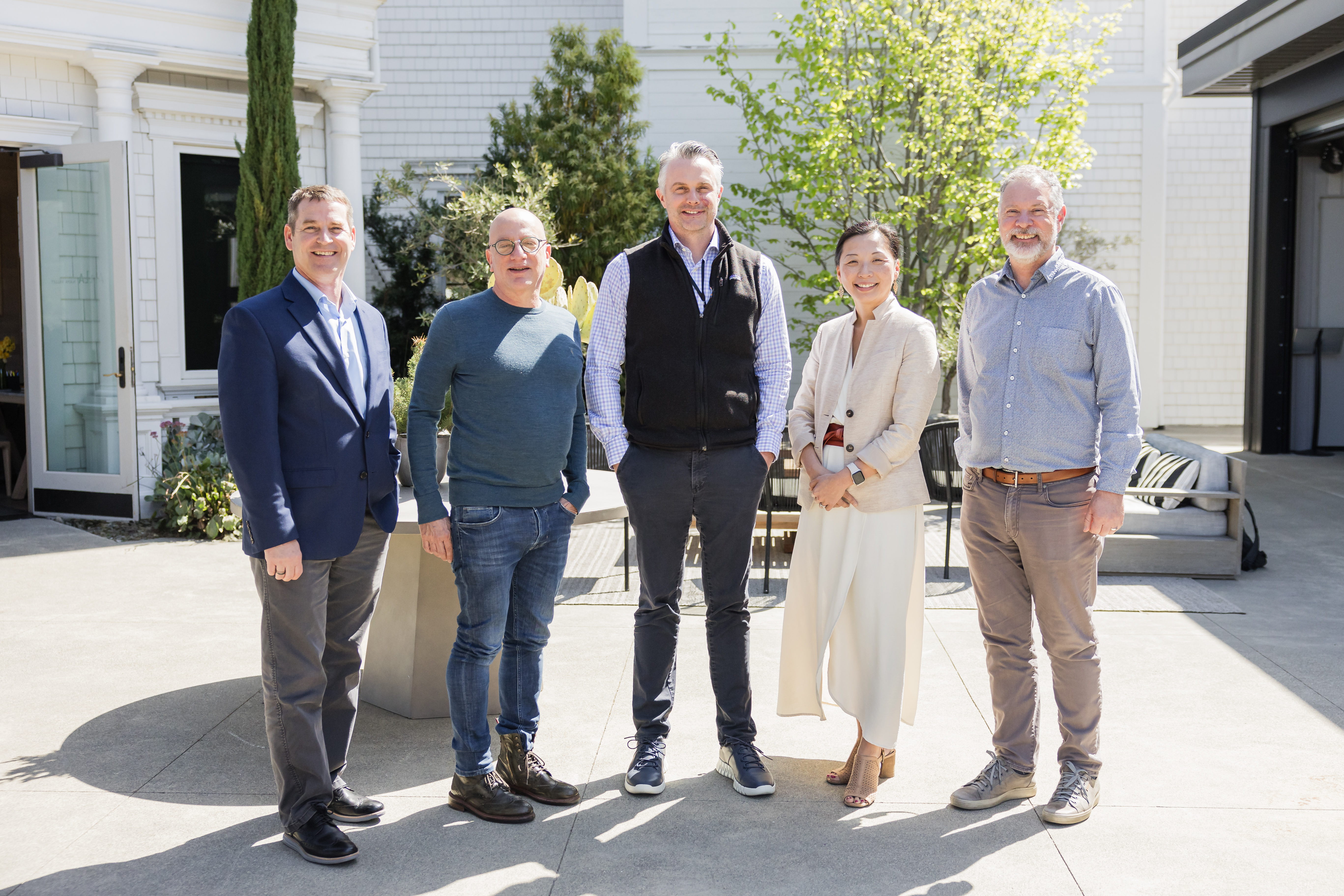MENLO PARK, Calif., Aug. 20, 2024 (GLOBE NEWSWIRE) -- SPARK NS today announced the five projects and principal investigators selected for the 2024 SPARK NS Parkinson’s Disease Translational Research Program, a two-year immersive program designed to advance academic discoveries in Parkinson’s disease from the lab to the clinic. Participation in the program includes milestone-based funding of up to $2,000,0001 for each project, education and training in drug development and translational research, mentoring from 50+ industry expert advisors, and scientific and business networking opportunities—resources that improve the odds promising therapeutics will make it to market and benefit patients.
“A typical drug development process takes 10 to 12 years and costs more than a billion dollars,” said Daria Mochly-Rosen, PhD, a Board Director and Chief Scientific and Education Advisor of SPARK NS. “Despite all the time and money spent, just 14% of lab discoveries that advance to clinical trials2 make it to market. In our experience, one reason for the low success rate is lack of knowledge, know-how, and tangible support needed to translate academic discoveries into realistic solutions. Academic studies of biomedical breakthroughs published in even the highest impact journals often fail to attract the interest of pharmaceutical companies in drug development efforts.”
Added Dr. Mochly-Rosen, “Funding is essential, but it’s not enough. SPARK NS programs provide comprehensive resources and collaborative experiences that prepare academic researchers for the challenging process of drug development.”
Dr. Mochly-Rosen is the founder of the SPARK model of translational research, a unique approach to drug development refined over two decades at Stanford University. The SPARK model has an unprecedented success rate of 50%3 at advancing academic projects to licensing and/or clinical trials.
Projects and principal investigators selected for the 2024 Program are:
Reducing Alpha Synuclein Spread in Parkinson’s Disease
Alice S. Chen-Plotkin, MD, Parker Family Professor of Neurology, University of Pennsylvania
Bio
Design of Small Molecule Degraders of Synuclein mRNA
Matthew D. Disney, PhD, Institute Professor and Chair, The Herbert Wertheim UF Scripps Institute for Biomedical Innovation & Technology, (University of Florida)
Bio
Small Molecule for Autophagy Enhancement for Parkinson’s Disease
James H. Hurley, PhD, Professor of Molecular and Cell Biology and Kirsch Springer Chair in Biological Sciences
Bio
Preventing Dopamine-Induced Neurotoxicity in Parkinson's Disease
Gary W. Miller, PhD, Vice Dean for Research Strategy and Innovation, Mailman School of Public Health, Columbia University
Bio
Axonal Reinnervation Therapy in Parkinson’s Disease
David Sulzer, PhD, Professor of Neurobiology, Columbia University
Bio
Stephen Kargotich, PhD, MBA, LLB, Executive Director of SPARK NS, said of the projects selected for the 2024 program, “The projects are stellar examples of the work being done by academic researchers in the Parkinson’s disease research community on treatments for Parkinson’s. SPARK NS will launch a new program every year to ensure the translation of more academic discoveries into therapies that improve the quality of life for the millions of people around the world with Parkinson’s and other neurological disorders.”
SPARK NS 2024 Program Selected Projects

Principal Investigators for projects are (from left to right): Gary W. Miller PhD, Columbia University; David Sulzer, PhD, Columbia University; Matthew D. Disney, PhD, The Herbert Wertheim UF Scripps Institute for Biomedical Innovation & Technology (University of Florida); Alice S. Chen-Plotkin, MD, University of Pennsylvania; and James H. Hurley, PhD, University of California, Berkeley.
See our SPARK NS 2024 program selected projects on our website here. Learn more about SPARK NS programs here.
About SPARK NS
Founded in 2023, SPARK NS is an independent non-profit translational research organization dedicated to efficiently advancing promising neuroscience discoveries from the lab to the clinic. Through two-year immersive programs, SPARK NS provides academic researchers with funding, extensive education, mentorship, and networking opportunities to close gaps in knowledge and know-how and eliminate barriers that slow or prevent promising discoveries from directly benefiting patients. For more information, visit us at www.sparkns.org and follow us on LinkedIn.
1Not all funds awarded go directly to PIs’ laboratories. For example, work done by vetted research organizations or academic research facilities are paid for by SPARK NS directly to the organizations from awarded funds.
2Wong, C.H., Siah, K.W, and Lo, A.W. Estimation of clinical trial success rates and related parameters. Biostatistics 20, 273-286, (2019).
3Kim, J.S., Kargotich, S., Lee, S.H. et al. SPARKing academic technologies across the valley of death. Nature Biotechnology 42, 339-342 (2024).
A photo accompanying this announcement is available at https://www.globenewswire.com/NewsRoom/AttachmentNg/adf45de8-7e64-4728-ae95-f19622c129ef
